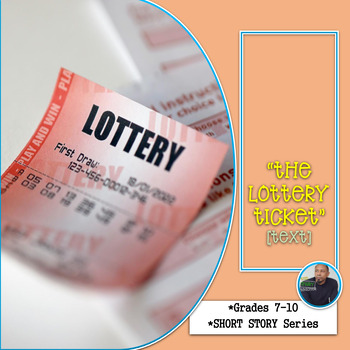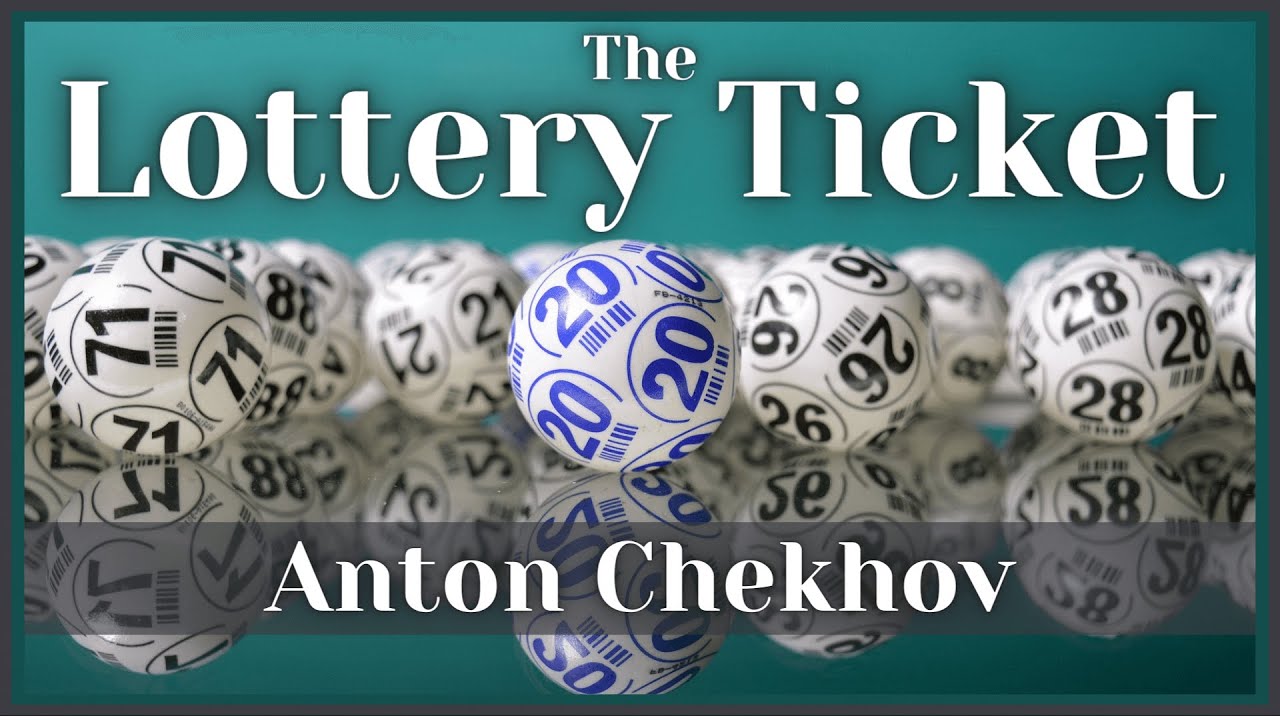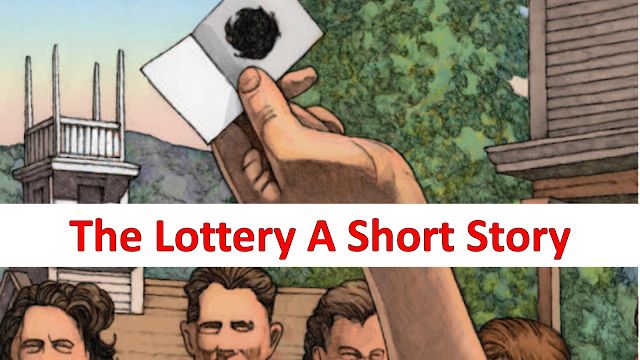Explore the Setting of Anton Chekhov's Lottery Ticket in Jili888
An Academic Analysis of "The Lottery Ticket" by Anton Chekhov: Themes of Fortune, Greed, and Disillusionment


Abstract
This article offers an in-depth academic analysis of Anton Chekhov’s "The Lottery Ticket," exploring its narrative structure, thematic depth, and cultural significance. Emphasizing key concepts such as chance, wealth, and the psychological impact of greed, the study examines how Chekhov critiques societal aspirations and the illusions of fortune. The analysis highlights the interplay between hope and disillusionment in the human condition as portrayed through the lottery ticket motif.
1. Introduction
Anton Chekhov’s "The Lottery Ticket" remains one of the most incisive short stories in the canon of Russian literature. Through a simple yet powerful narrative, Chekhov delves into the transformative allure of wealth and the consequent disillusionment that follows when dreams confront reality. This article provides a comprehensive academic analysis of "The Lottery Ticket," focusing on its narrative structure, thematic elements, and the socio-psychological commentary embedded in the text. Keywords such as lottery ticket, wealth, greed, and disillusionment are central to the discussion.
2. Historical Context and Literary Significance
2.1 Socio-Economic Backdrop
Written during a period of significant social and economic change in Russia, "The Lottery Ticket" reflects the collective yearning for improved circumstances amid widespread uncertainty. The lottery ticket, as a symbol, encapsulates the hope for sudden prosperity and the persistent allure of financial liberation. This historical context is essential for understanding the socio-economic forces that shape the characters’ perceptions of wealth and success.
2.2 Chekhov’s Literary Approach
Chekhov’s narrative technique is marked by a subtle interplay of irony and realism. In "The Lottery Ticket," he employs a minimalist style to underscore the psychological transformation that the prospect of wealth can induce. Chekhov’s method of blending mundane reality with the fantastical allure of fortune invites readers to reflect critically on the nature of human desire and the inevitability of disillusionment. The careful use of language and understatement is pivotal in conveying the underlying themes of the narrative.
3. Narrative Structure and Thematic Exploration
3.1 Plot Overview and Character Dynamics
The narrative of "The Lottery Ticket" follows a protagonist who envisions a life of affluence upon winning the lottery. This internal journey, marked by vivid daydreams and subsequent disillusionment, serves as the central axis of the story. The transformation of the protagonist—from hopeful anticipation to bitter disappointment—mirrors the broader commentary on the transient nature of material wealth. Key narrative elements include the symbolic representation of the lottery ticket and the emotional oscillation between hope and despair.
3.2 Themes of Wealth, Greed, and Disillusionment
Central to the story is the theme of the allure of wealth and the corrosive effects of greed. The lottery ticket symbolizes not only the possibility of sudden fortune but also the deceptive promise of happiness that wealth is presumed to bring. Chekhov critically examines how the mere thought of riches can alter one’s behavior and perception, leading to a gradual erosion of contentment when reality fails to meet expectations. The interplay between greed and disillusionment is crucial, as it exposes the inherent instability of basing one’s aspirations solely on financial gain.
3.3 Psychological and Social Commentary
Beyond individual aspirations, "The Lottery Ticket" offers a broader commentary on societal values and the psychological impact of economic uncertainty. The protagonist’s internal conflict reflects common human experiences—balancing the allure of prosperity with the risks of speculative optimism. Chekhov’s exploration of these themes invites readers to consider the broader implications of greed and the societal pressures that drive individuals towards such illusory pursuits.
4. Literary Techniques and Symbolism
4.1 Use of Irony and Subtext
Chekhov’s masterful use of irony is evident throughout the narrative. The stark contrast between the protagonist’s hopeful visions and the eventual onset of disillusionment serves as a poignant critique of the belief that wealth can solve all problems. The subtle subtext in the protagonist’s thoughts and reactions enriches the narrative, offering a layered understanding of the psychological impact of hope and subsequent disappointment.
4.2 Symbolic Representation of the Lottery Ticket
The lottery ticket itself is a potent symbol in the story. It embodies the dual nature of hope and uncertainty, representing both the possibility of a transformed life and the inherent risk of falling into disillusionment. This symbol is central to the narrative’s exploration of material desire and the ephemeral nature of fortune, reinforcing the themes of chance and the unpredictability of life.
5. Conclusion
"The Lottery Ticket" by Anton Chekhov remains a profound exploration of the human condition, particularly regarding the interplay between the promise of wealth and the inevitability of disillusionment. Through its succinct narrative and rich symbolic imagery, the story critiques the transient nature of material aspirations and highlights the psychological ramifications of greed. Chekhov’s work continues to resonate as a timeless commentary on the complexities of hope and the human pursuit of fortune.



